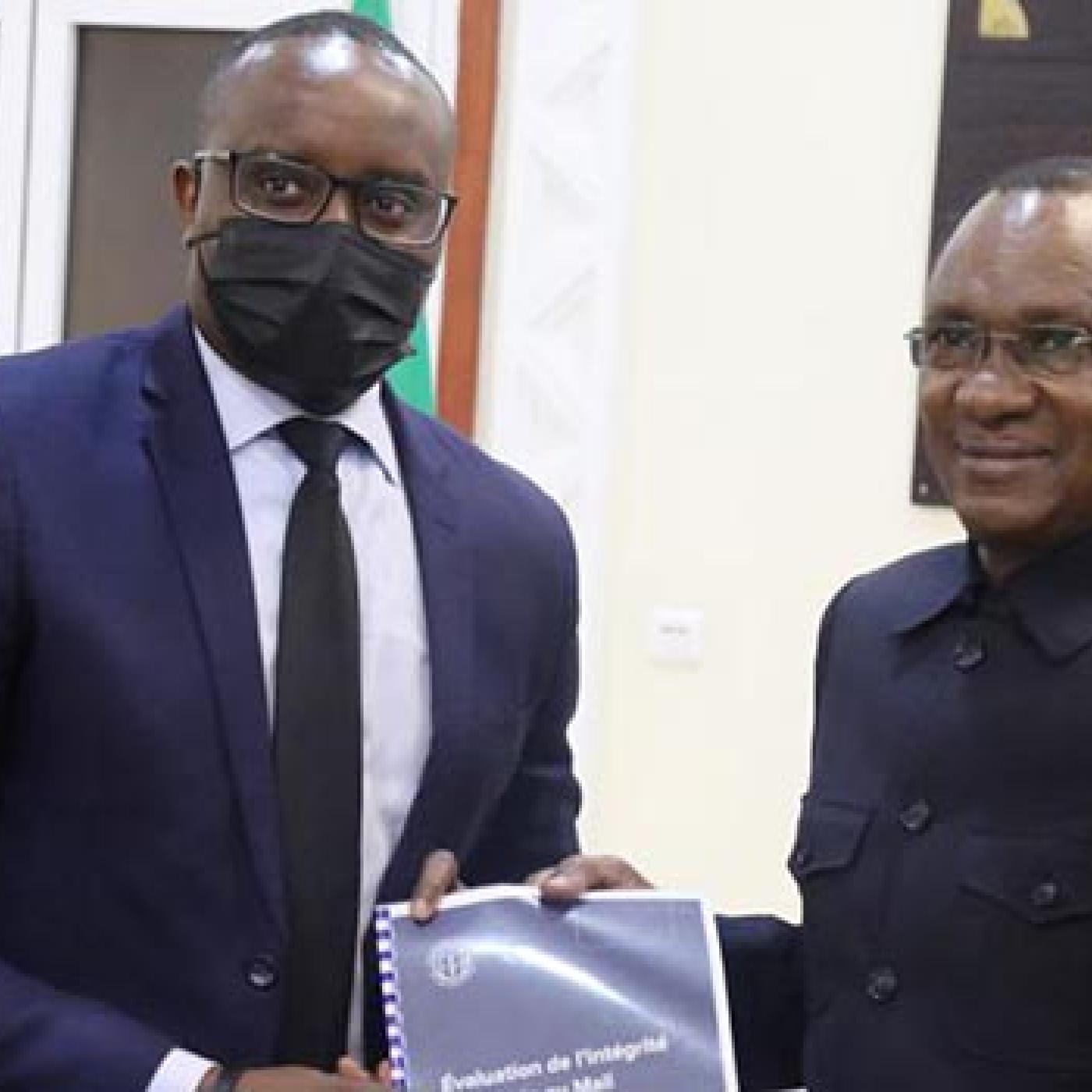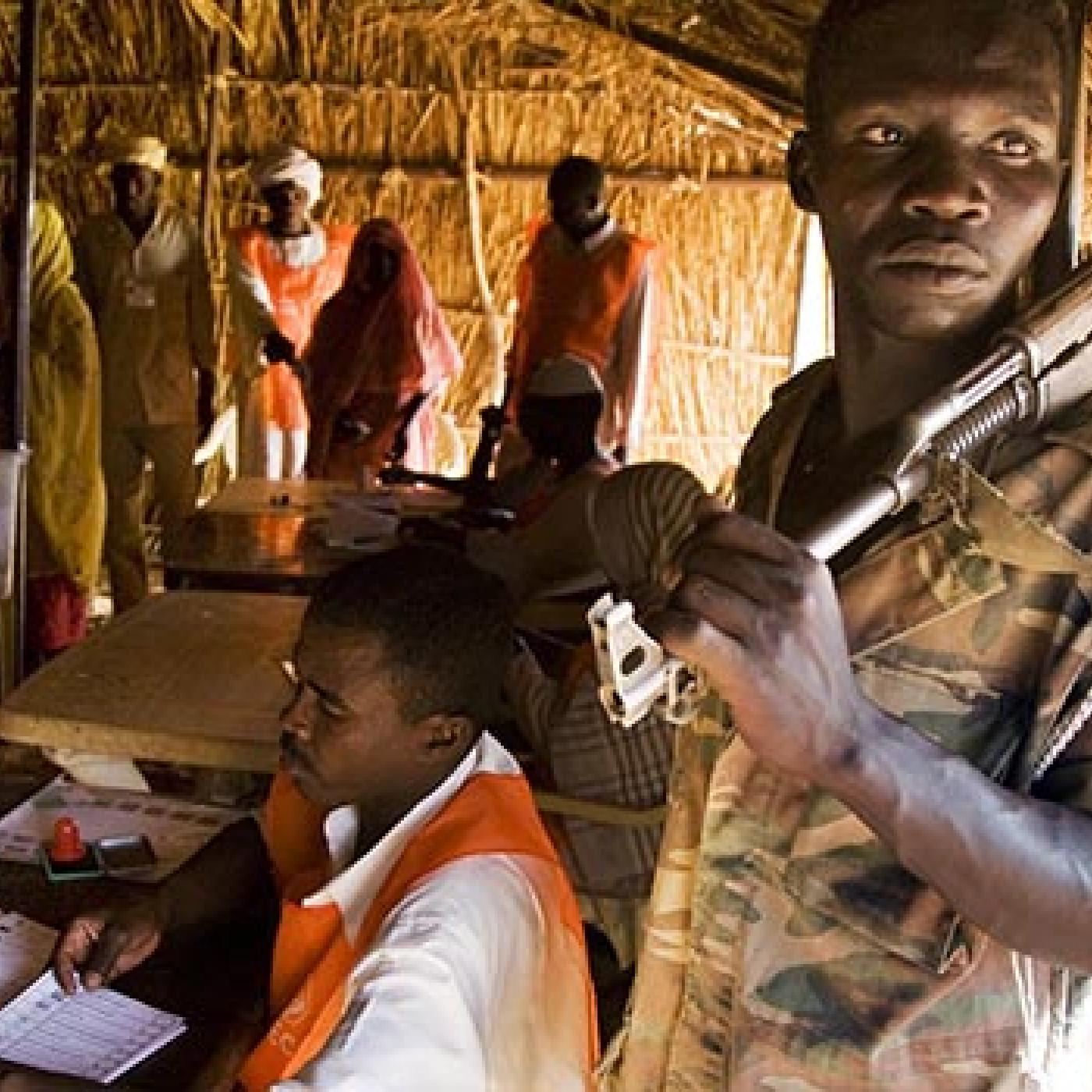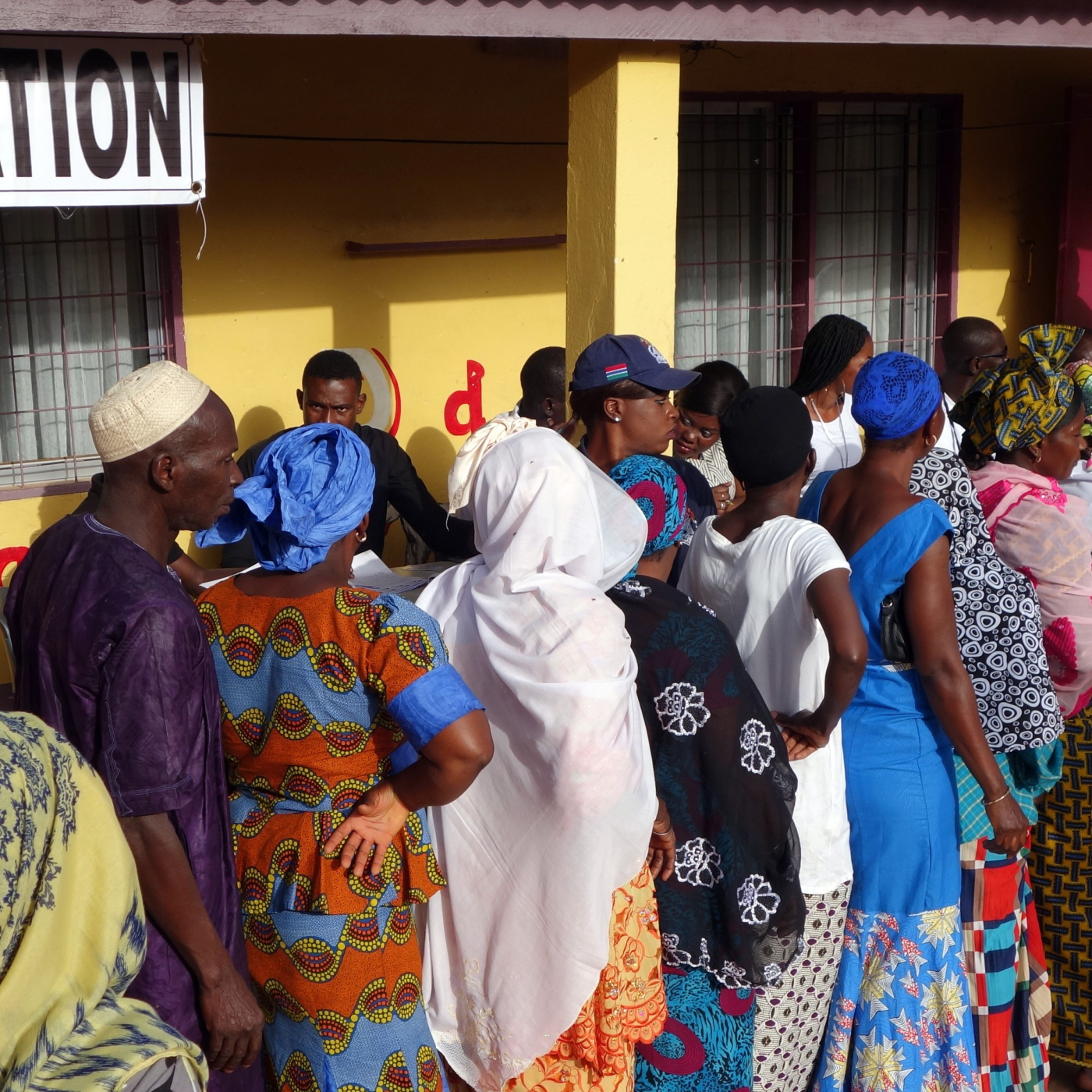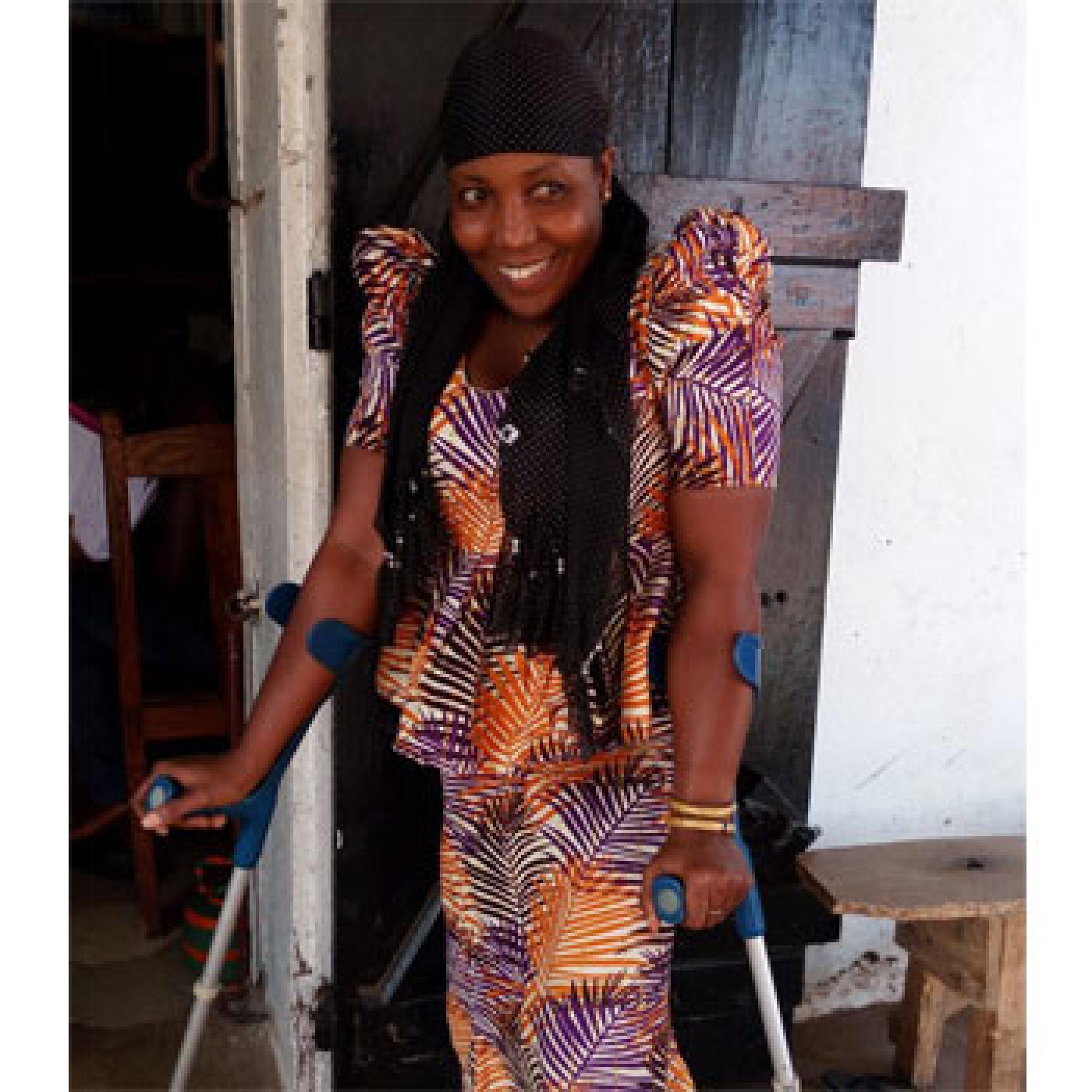Tools & Resources
Filter by
Type
Publication date
Language
Type
Publication date
Language
Publication
Electoral Assessment
Mali Electoral Integrity Assessment
IFES' Mali Electoral Integrity Assessment was conducted remotely by a six-member assessment team supported by two experts in Bamako to evaluate electoral vulnerabilities.
August 03, 2021
Publication
Report/Paper
Overcoming Challenges to Democracy and Governance Programs in Post-Conflict Countries: CEPPS Lessons Learned
How can democracy and governance programs be more effective in post-conflict environments?
May 18, 2021
Election FAQ
Elections in Mali: 2018 Presidential Election
On July 29, Mali held a presidential election, the country's fifth democratic presidential election since the introduction of multiparty politics in 1991. To help you understand this important electoral process, IFES provides Frequently Asked Questions (FAQs) on Elections in Mali: 2018 Presidential Election.
Publication
Report/Paper
Regional Director on “The Elections We Want” in Africa
As part of its annual report, the Wilson Center Africa Program asked IFES Regional Director for Africa Rushdi Nackerdien to contribute an essay on recent African elections. His piece, “The Elections We Want,” covered 2017 elections in Angola, Rwanda, Liberia, Senegal, the Gambia, and Kenya, and their implications for election practitioners moving forward.
January 31, 2018
News & Updates
Feature
IFES Celebrates International Day of Persons with Disabilities
The annual International Day of Persons with Disabilities, held on December 3, commemorates the human rights of persons with disabilities. This year we also celebrate the 10th anniversary of the United Nations Convention on the Rights of Persons with Disabilities (CRPD).
News & Updates
Feature
Fatoumata Camara Discusses Advocating for Persons with Disabilities in Guinea
Fatoumata Camara, a Guinean with a physical disability, is the Deputy Coordinator for the Association of Persons Living with a Disability of Mamou, Guinea. In this Q&A, Camara discusses barriers to electoral and political participation that Guineans with disabilities face, the role of civic education in reducing those barriers and major accomplishments of the disability rights movement in Guinea.
Election FAQ
Elections in Guinea: 2015 Presidential Elections
On October 11, citizens of Guinea will head to the polls to vote in their country’s second democratic presidential election.
Publication
Brochure/Fact Sheet
Guinea: Support Political and Electoral Processes
Guinea held a legislative election on September 28, 2013, after six years of delays attributable to a variety of factors, including a military coup d’état. This election, despite being preceded by a series of violent demonstrations, was conducted peacefully, and was widely considered a positive step in Guinea’s democratic transition. Challenges persist, however, that must be addressed prior to the presidential election that is currently scheduled to take place in 2015. The Independent National Electoral Commission (CENI) continues to struggle to demonstrate the institutional and operational capacity necessary to administer elections in a credible and transparent manner and the promotion of electoral reform is further inhibited by a generally weak understanding among citizens of democratic principles, electoral processes, and decentralization.
January 28, 2015
News & Updates
Press Release
Health Crisis in West Africa Erodes Peace and Democratization Efforts
The International Foundation for Electoral Systems (IFES) is deeply concerned about the Ebola outbreak in West Africa. This health crisis has resulted in more than 1,350 reported deaths so far in a region that has been moving steadily toward peace and democratization. This outbreak of the Ebola virus has already killed more people than any other Ebola epidemic in history.
News & Updates
Feature
Empowering Tomorrow through Youth Engagement
IFES works to empower youth around the world by hosting democracy-focused camps, events, and activities. By educating young people about democracy, we enable them to express themselves and have a voice in their communities.







